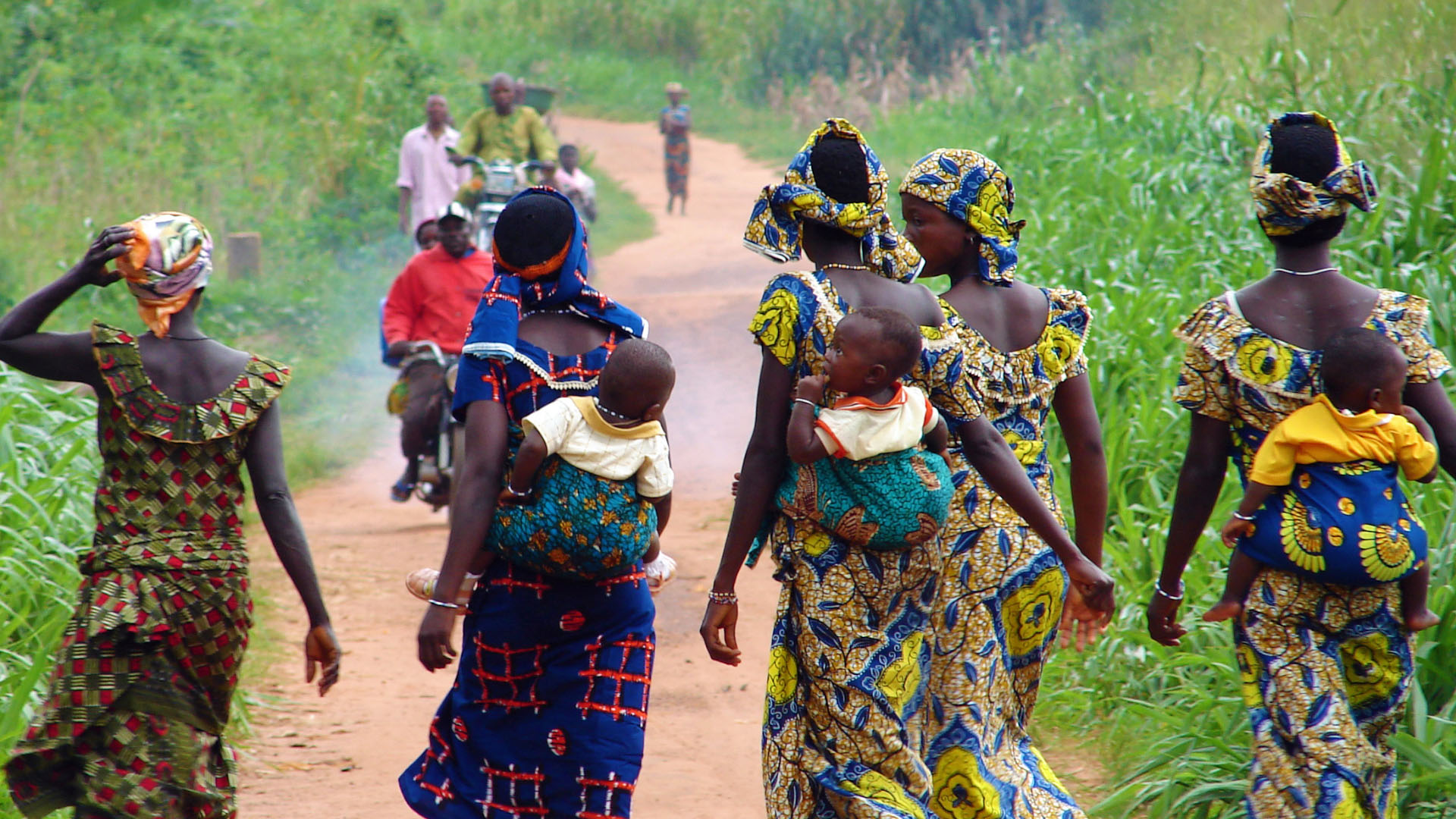A group of churches in Bujumbura are working to help widowed women achieve economic independence and a new life in Christ.
The Baptist Union of Churches was founded in 1928 and is the oldest evangelic and one of the most respected groups in Burundi.
In 1972, during a surge of tribal conflict between the Hutu and Tutsi, churches’ pastors were either killed or fled the country. Despite the terrible devastation, the church has recovered.
Today, there are 97 main churches and 147 satellite churches across the country with about 75,000 members. The fallout of Burundi’s civil war has led to a widespread struggle with poverty for many of the country’s people, so the church has set up programs to help many of the local widows.
A Meeting of Widows
Mark Buzzetta, Global Director of World Challenge’s Mercy Ministries, flew in to Bujumbura on a Sunday morning and went directly to their church service. After three hours of passionate worship and preaching, the church leaders introduced him to the local widows.
A recent flood meant many of them were taking refuge at the church. World Challenge had sent relief funding to our local partners so they could get temporary shelter and other basic essentials to 84 women who had lost their homes.
Mark was there to visit those who had been helped by the gift, and he was invited to sit in on their meeting.
The church had offered to help as many of them as possible, given the recent natural disaster. This was a time for the widows to collaborate and prioritize their list of needs.
They talked for about an hour, setting out what each of them felt was a lack in their life and then pushing some to the top of the list. Their homes—most of which had been damaged badly, if not outright destroyed by the floods—came first since many of these women had children.
Second, though, was a request for business and economic classes along with some aid for start-ups. Many of these women wanted to earn a better living so they could have savings to fall back on if another flood or other set-back happened.
The Council’s Decision
The next day, Mark and other church leaders attended a Baptist Union council. The main purpose of their discussion was how to best fund and support the widows in their churches.
First, they set out plans to evaluate each widow’s home for the repairs needed and the cost of each project. They also discussed employing some of the young men in the church and town to work in the reconstruction project, under the oversight of senior builder.
This offered a triple benefit: employing and offering good trade-skills to some of these local young men, allowing the church to build these homes for lower costs, and raising community awareness about the widows’ plight.
As for the widows’ request for vocational training, the church owned a plot of land in town that they proposed to use for building an occupational education center.
Whatever the women produced during their classes could be sold and the proceeds would help them with their children’s school fees as well as medical costs. Those who did particularly well could become instructors in the future.
Down the road, this center could generate enough revenue to help many widows become entirely self-sufficient.
Mark was deeply impressed by the dynamics of the council meeting. “The president and his council openly discussed all sorts of potential solutions, and then they came to a consensus on their plan together. It was incredibly encouraging to see a leader foster such unity.”
Their Heart for Restoration
Afterward, the group headed out into the nearby slums to visit three different houses and evaluate their condition. With few other resources, many of the homes were branches covered in clay mud and then roofed with corrugated tin or other scraps of sheet metal.
Roofs aside, the foundations and the walls of those houses still standing would not survive many more rainstorms.
The need was obvious for homes made from more permanent materials and in better locations where they wouldn’t be pounded by run-off from the wet season’s torrential downpours. Resolved, the group headed back into town to begin implementing their plan.
“They’re an incredibly loving, Christ-centered church with a huge desire to help their people and the Christian community at large,” Mark observed. “It’s such an honor to be welcomed by them and see the wonderful ways they’re helping these women find safety and new life.”
